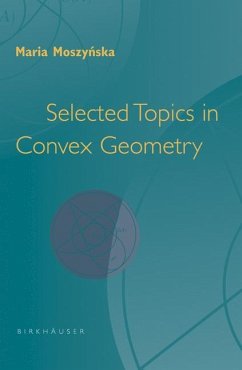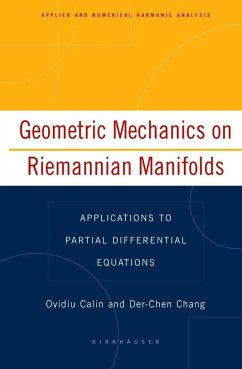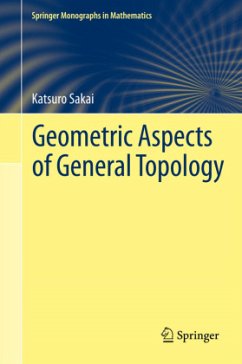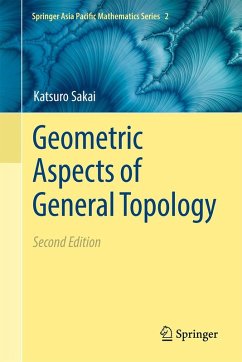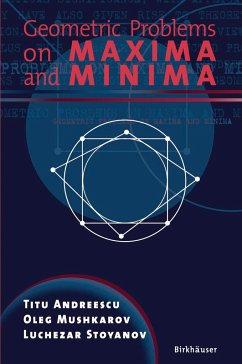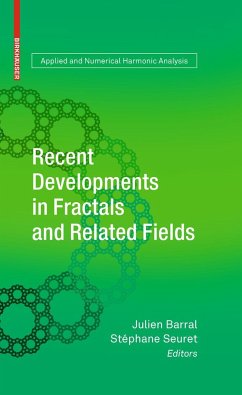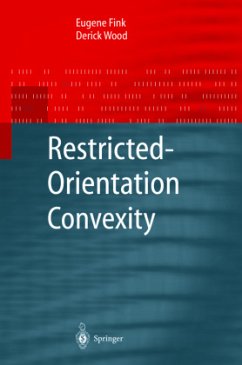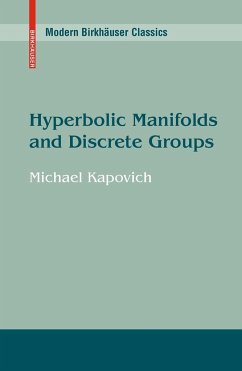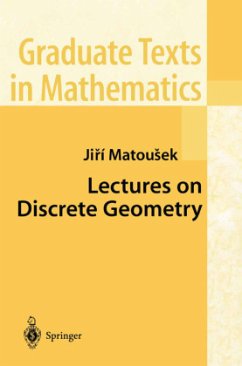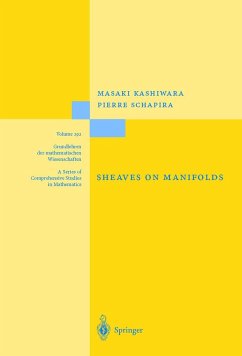
Notions of Convexity

PAYBACK Punkte
49 °P sammeln!
The term convexity used to describe these lectures given at the Univer sity of Lund in 1991-92 should be understood in a wide sense. Only Chap ters I and II are devoted to convex sets and functions in the traditional sense of convexity. The following chapters study other kinds of convexity which occur in analysis. Most prominent is the pseudo-convexity (plurisubh- monicity) in the theory of functions of several complex variables discussed in Chapter IV. It relies on the theory of subharmonic functions in R^, so Chapter III is devoted to subharmonic functions in R"^ for any n. Existence theorem...
The term convexity used to describe these lectures given at the Univer sity of Lund in 1991-92 should be understood in a wide sense. Only Chap ters I and II are devoted to convex sets and functions in the traditional sense of convexity. The following chapters study other kinds of convexity which occur in analysis. Most prominent is the pseudo-convexity (plurisubh- monicity) in the theory of functions of several complex variables discussed in Chapter IV. It relies on the theory of subharmonic functions in R^, so Chapter III is devoted to subharmonic functions in R"^ for any n. Existence theorems for constant coefficient partial differential operators in R'^ are re lated to various kinds of convexity conditions, depending on the operator. Chapter VI gives a survey of the rather incomplete results which are known on their geometrical meaning. There are also natural classes of "convex" functions related to subgroups of the linear group, which specialize to sev eral of the notions already mentioned. They are discussed in Chapter V. The last chapter. Chapter VII, is devoted to the conditions for solvability of microdifferential equations, which can also be considered as a branch of convexity theory. The whole chapter is an exposition of a part of the thesis of J.-M. Trepreau.





